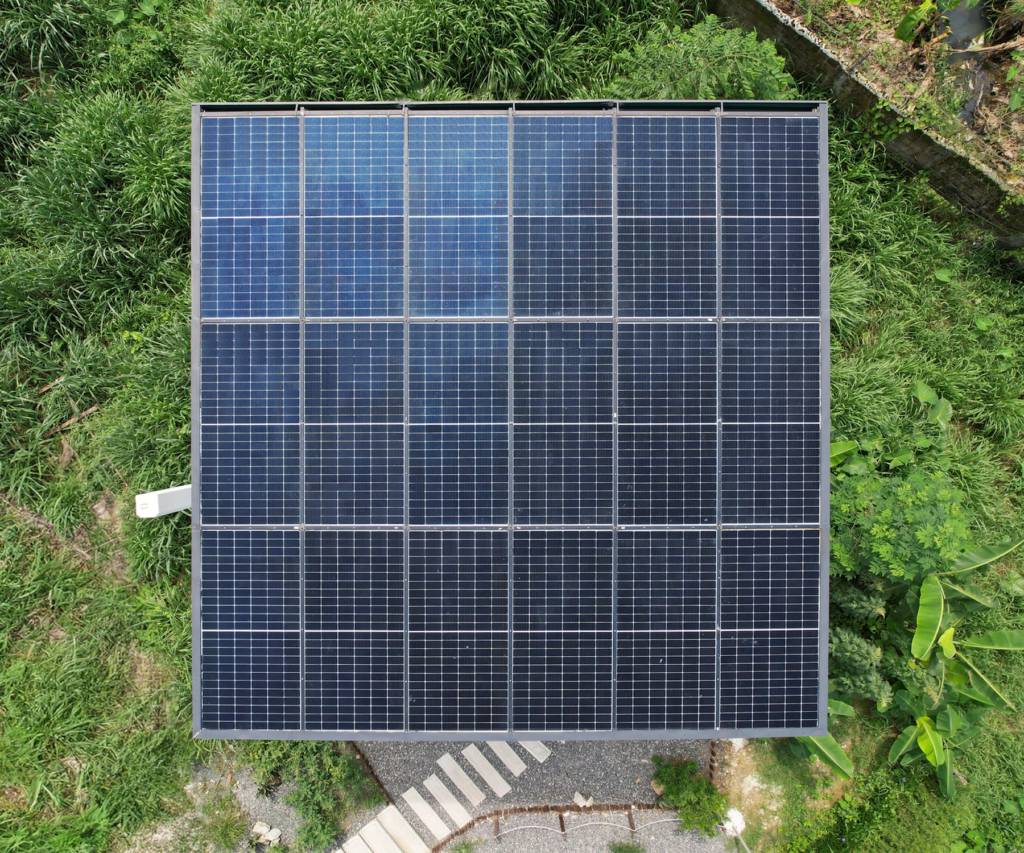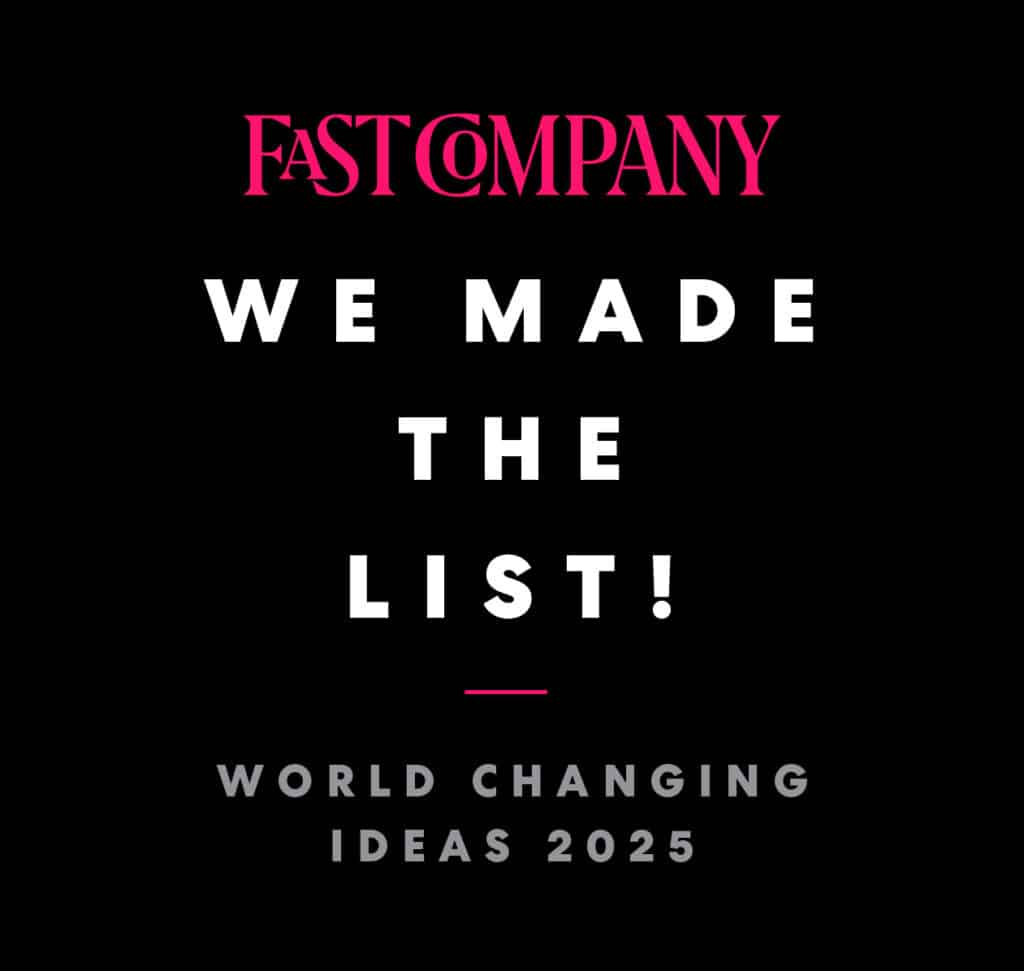Explore the circular economy’s transformative power, revolutionizing urban waste management through innovative solutions, policy frameworks and multi-stakeholder collaborations, bestowing economic, social, and environmental benefits for a sustainable future.
Image by Freepik
Imagine a world where waste isn’t really waste – a world where the discarded materials of today become the valuable resources of tomorrow. This is the goal of the circular economy, a transformative, cutting-edge concept that holds immense potential, especially when integrated into urban waste management.
For our rapidly urbanizing societies grappling with growing waste and environmental concerns, the circular economy emerges as the beacon of an attainable, sustainable future. Join us on a fascinating journey into this revolutionary approach and unlock the secrets to a transformed urban waste management.
The Gateway to a Sustainable Tomorrow
Amidst the threats of rampant global warming, exponential urbanization, and growing waste piles, a glimmer of hope emerges in the form of a circular economy. This revolutionary approach diverges from the destructive ‘extract-create-discard’ paradigm of the traditional linear economy, reimagining waste as a valuable resource.
A circular economy is a regenerative economic model designed to minimize waste and make the most of resources. It keeps products, equipment, and infrastructure in use longer, thereby improving the productivity of these resources.
In today’s rapidly expanding cities, where shrinking open spaces collide with overflowing landfills, effective waste management is paramount. Integrating the principles of a circular economy could be the tipping point. By addressing the waste crisis and curbing climate change impacts, it paves the way for a net-zero, sustainable lifestyle.
Propelling Waste Management Innovation: The Spark of Technology and the Power of Initiative
Specifically, a critical step in crafting a circular economy outcome lies in innovative and strategic waste management solutions. Traditional rubbish handling methods are no match for increasing waste volumes and diversities, pushing the boundaries for inventive techniques harnessing eco-friendly materials, and repurposing them back into the economy.
Intricate recycling initiatives make a compelling case. Sweden’s impressive journey towards becoming a zero-waste nation is a testament to the transformative potential of aggressive recycling and incineration programs. The nation recycles a whopping 99% of its waste and even imports waste from neighboring countries to fuel its waste-to-energy plants.
Upcycling, an innovative step beyond recycling, offers the opportunity to convert waste materials into high-quality, valuable products. Namely, the Ocean Cleanup in the Netherlands turns plastic waste into premium sunglasses, exemplifying waste material’s potential when combined with creativity.
The Ocean Cleanup sunglasses. PHOTO: theoceancleanup.com
Technology seals these efforts, seamlessly augmenting the efficiency and scale of waste management operations. Trash-sorting robots, AI-enabled recycling stations, and advanced waste-to-energy mechanisms are just the beginning of a technological revolution in waste management.
The Circular Advantage: Economic Prosperity, Social Evolution, and Environmental Stewardship
Aside from relieving the environmental stress, it accrues economic advantages by triggering new business opportunities, fostering jobs in recycling and remanufacturing sectors and generating revenue from waste-derived products and energy.
The social benefits are also invaluable, from heightened public awareness and enhanced quality of life facilitated by cleaner surroundings to social equity facilitated by job creation in new waste-handling sectors.
Finally, reducing waste generation and maximizing resource utilization not only curbs global warming but also supports net-zero emissions and climate goals. Through stimulating the regenerative loop of consumption and production that mimics nature, a circular model propels us toward a sustainable, resilient future.
In South Korea, the country has undergone a remarkable transformation in food waste management, becoming a global leader by recycling 95% of its food waste. Residents bear the cost of waste generation, encouraging them to minimize it through pay-as-you-throw schemes and smart bins with weight-based charges to incentivize waste reduction. The collected waste is processed into biogas, bio-oil, and fertilizer for urban farms.
Fostered by Policy Support and Public-Private Synergy
Nevertheless, achieving a circular, waste-free urban reality leans heavily on policy support, financial incentives, and public-private partnerships. Governments can influence waste management practices through supportive laws, substantial funding for zero waste initiatives, and incentives like tax benefits or subsidies.
Moreover, strengthening collaboration among stakeholders — government bodies, private companies, NGOs, and citizens — are critical. Public-private partnerships amplify these efforts, catalyzing a nationwide shift towards responsible waste handling and circular lifestyle habits.
Challenges on the Horizon and the Evolution in Sight
Despite its promise, the journey towards a circular urban economy is fraught with trials. Collaborating across multifaceted stakeholders, changing conventional consumption behaviors, meeting technology and infrastructural demands, and separating and organizing diverse waste streams are crucial yet challenging steps.
The future of waste management really depends on technological advancements, developing new materials, and refining current practices. The dawn of zero-waste buildings, green packaging, and bioplastics holds immense potential.
Charting the Circular Economic Path: Go Along the New Dawn
Transitioning to a circular economy breathes fresh life into the burdened narrative of waste management, viewing waste as a resource and a cogwheel of urban development. As we stand sentinel to our beleaguered planet and climate, it is imperative to rethink waste, reform our consumption patterns, and reorient our existence into a circular rhythm of nature.
Therefore, we must consider this narrative not just enlightening but as a call to action. The realization of this vision for a circular, sustainable future is contingent on each one of us — our choices, our behaviors, and our commitments to our planet.
Start your sustainability journey with BillionBricks! We are building the first net-zero homes in the Philippines. Interested in owning a self-sustaining and affordable home? Contact us here.
If you’re passionate about sustainable living and want to learn more, we recommend you dive into our article that’s filled with valuable insights. Take a look at How to Live a Net-Zero Lifestyle for Students.
Resources:
-
European Parliament. Circular economy: definition, importance and benefits. Retrieved from https://www.europarl.europa.eu/news/en/headlines/economy/20151201STO05603/circular-economy-definition-importance-and-benefits#:~:text=The%20circular%20economy%20is%20a,cycle%20of%20products%20is%20extended
-
World Economic Forum. What is the circular economy, and why does it matter that it is shrinking?. Retrieved from https://www.weforum.org/agenda/2022/06/what-is-the-circular-economy/
-
Chan Kim and Renee Mauborgne. Turning Waste to Energy: Sweden’s Recycling Revolution. Retrieved from https://www.blueoceanstrategy.com/blog/turning-waste-energy-sweden-recycling-revolution/
-
The Ocean Cleanup. Retrieved from https://theoceancleanup.com/about/
-
World Economic Forum. South Korea once recycled 2% of its food waste. Now it recycles 95%. Retrieved from https://www.weforum.org/agenda/2019/04/south-korea-recycling-food-waste/
-
Desa Payo. Powering the Future: How Waste Management is Turning Waste into Energy. Retrieved from https://billionbricks.org/updates/powering-the-future-how-waste-management-is-turning-waste-into-energy?rq=waste%20management






